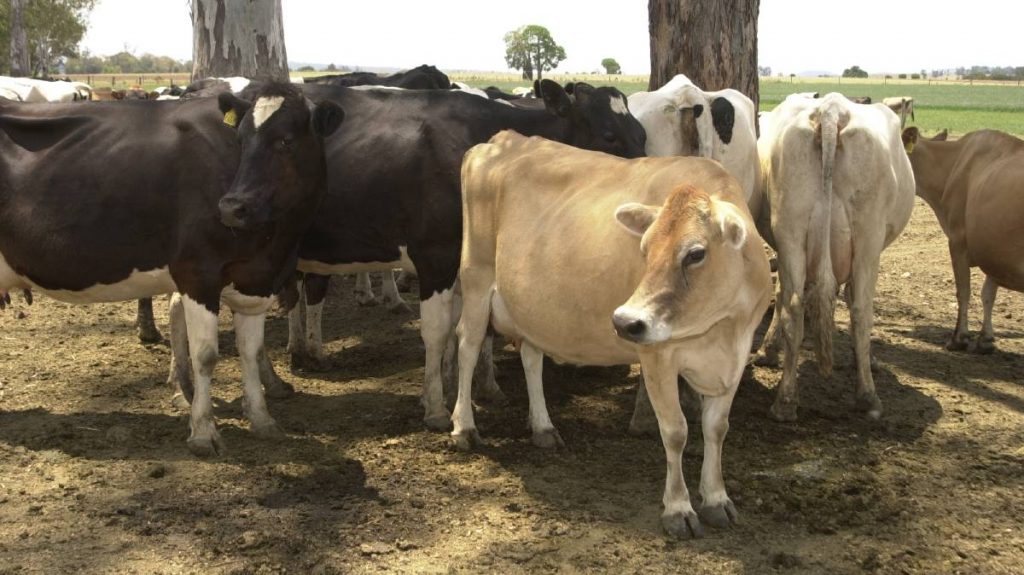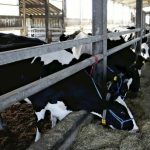
Many non-member dairy farmers questioned why QDO had undertaken the JD testing scheme in the first place when Johnes is not known to be present in any significant level in Queensland.
Much is unknown about Johnes disease including the health risks it may carry to humans who consume product from JD positive livestock.
According to the MLA, the disease can possibly also infect humans, but it is not known if this causes illness. What this means is that at this stage, the potential health risk to humans is largely unknown but should not be ignored.
To be clear, our intention to test for JD is not to cause undue concern or hysteria about a disease that has been in the Australian market for decades. Indeed, according to the USDA, JD is found in all countries around the world.
QDO’s decision to commit to the program was made back in 2016 based on our mandate to mitigate potential risks that may be caused by biosecurity hazards. Good herd health is vital for productivity and remains a priority for our members. Future economic ramifications for farmers with herds carrying JD should also be to be a consideration.
The Johne’s Beef Assurance Score and the Dairy Score that farmers are given after testing allows for the assessment of the risk of a herd for JD. Depending on the outcome of testing, farmers may wish to amend their biosecurity plans for the property. Although the scoring systems are a voluntary tool in most states, they are part of the WA and NT entry requirements. It makes sense therefore for any farm that may consider destocking or selling breeding stock intrastate or interstate to ensure they maintain a good score.
QDO has been in contact with all its members to offer JD testing before the June 30 cut-off date. Time is certainly running out for non-members wishing to be tested by QDO at no additional cost. To join and be tested, contact QDO on 3236 2955 today.

























